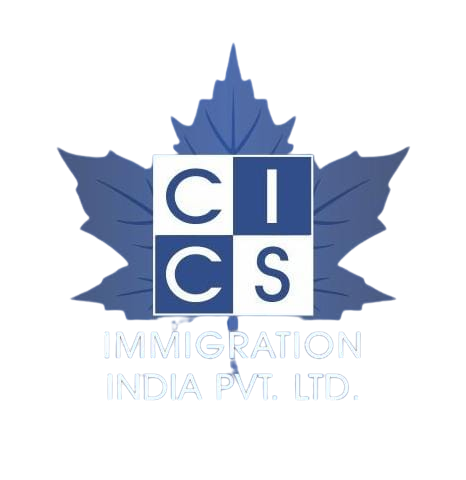
Immigrate through Express Entry
Applicants may apply to the Express Entry Skilled Worker Category if they reside outside of Canada. Applicants must score a minimum of 67 points out of 100 points on the Point Assessment Grid (Annex A) to be considered for nomination.
Points are awarded on the basis of five factors including:
Education and training
Skilled work experience
Language ability
Age
Connection(s) to Canada, Labrador labour market and adaptability (ability to settle in Canada)
Immigrate through Provincial Nominee Programs
There are more than 80 options to choose from Canada’s Provincial Nominee Programs. This program is for workers who:
Have the skills, education and work experience to contribute to the economy of a specific province or territory
Want to live in that province, and
Want to become permanent residents of Canada
Each province and territory has its own “streams” (immigration programs that target certain groups) and requirements. For example, in a program stream, provinces and territories may target:
students
business people
skilled workers
semi-skilled workers
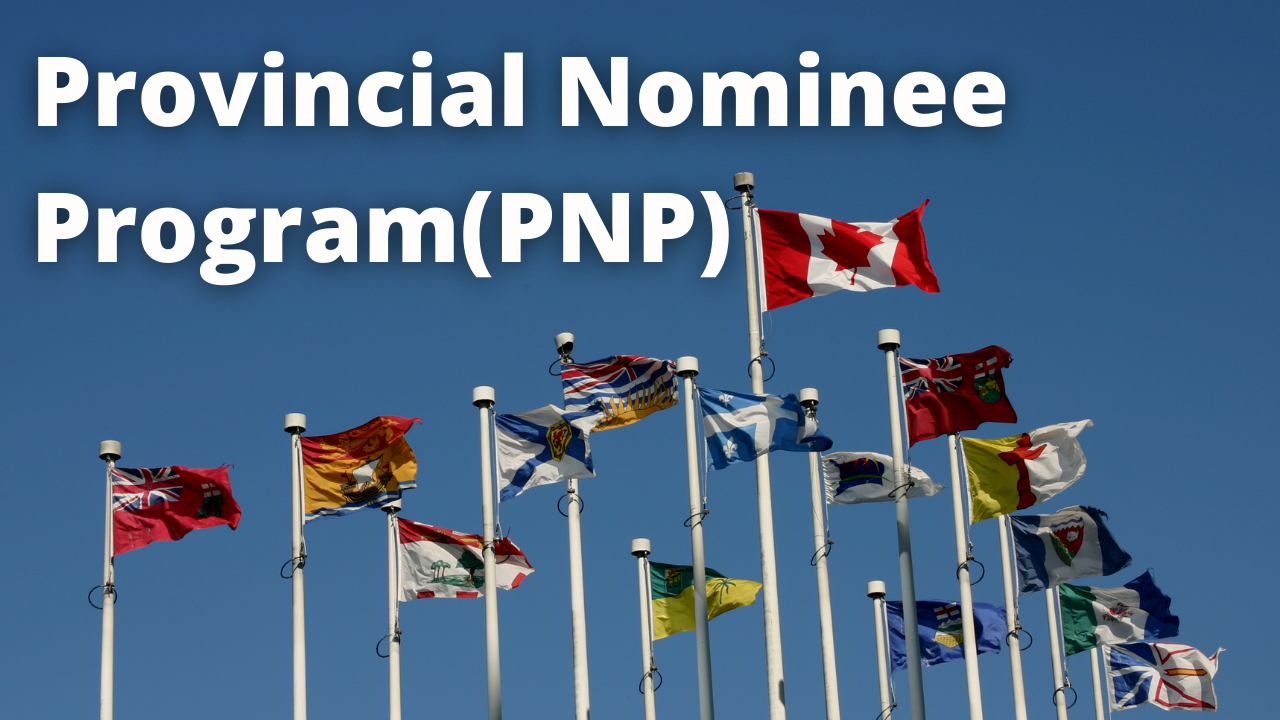
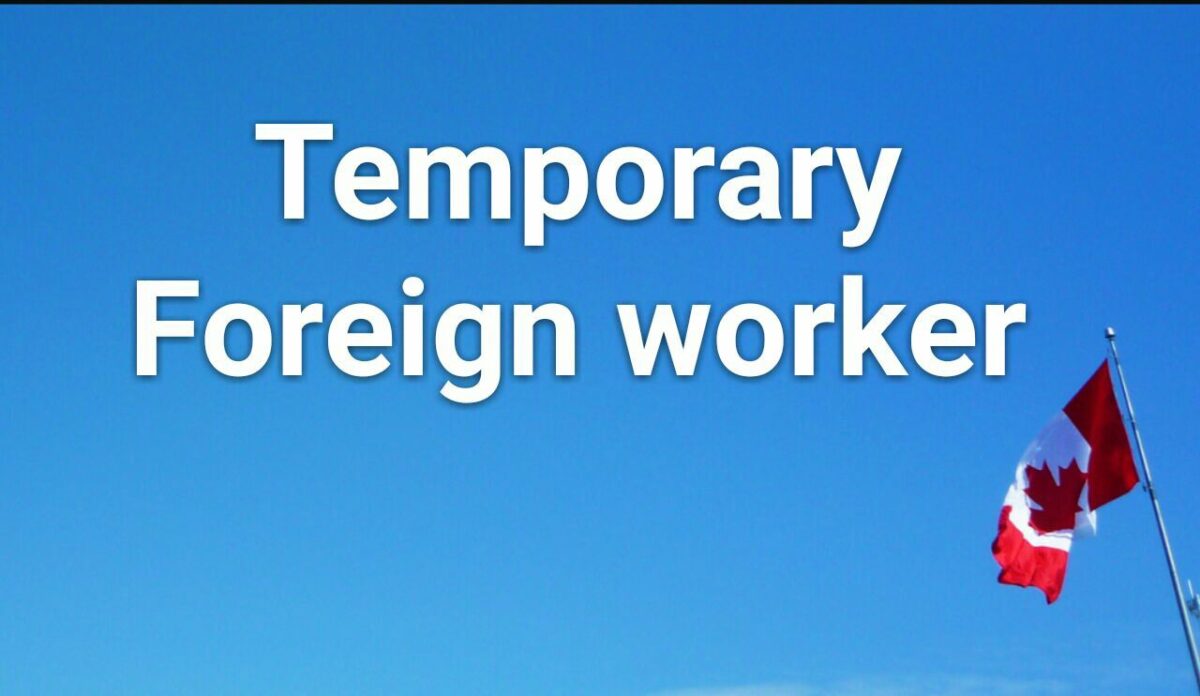
Temporary Foreign Worker Program
Canada is hiring a temporary foreign worker for a wide range of positions under the high or low wage streams.
Atlantic Immigration Program
The Atlantic Immigration Program is a pathway to permanent residence for skilled foreign workers and international graduates from a Canadian institution who want to work and live in 1 of Canada’s 4 Atlantic provinces—New Brunswick, Nova Scotia, Prince Edward Island or Newfoundland and Labrador. The program helps employers hire qualified candidates for jobs they haven’t been able to fill locally.
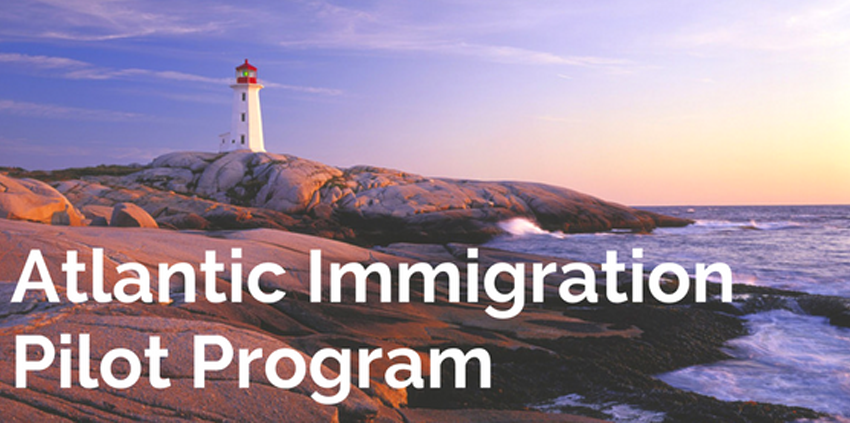
Publicly Funded Health Care Systems
The health care system in Canada known as ‘medicare’, is decentralized, universal, and is completely funded by the 13 provinces and territories. The federal government helps each individual to have their insurance plans and grants them cash assistance on a per capital basis.
Education
The education system in Canada encompasses both publicly funded and privately owned schools and universities. Canada spends six per cent of its GDP on education, maintaining a constantly rising standard of education throughout the country.
High Standard of Living and Minimum Crime Rate
Canada is officially ranked #1 in the world for its quality of life. The country’s beautiful environment with almost no pollution, clean roads and air, better employment, world-class education, and health care, wonderful and interactive people, and friendly migration policies make it a prime location for immigrants.
Also, the crime rates are low, police are trusted, easy to contact, and quick to respond.
Multiculturalism
Due to the public emphasis on the social importance of immigration, the federal government in Canada is narrated as an “instigator of multiculturalism”. The Canadian multiculturalism act approved on 21st July 1988 aims to preserve and enhance cultural diversity in Canada.
Economically Stable
Canada is an immensely developed country ranking 10th in the world GDP wise and 16th PPP (purchasing power parity) wise. The service sector vastly prevails there, due to which Canada demands more skilled workers, giving a pathway to immigrants. Canada has adopted various changes regarding its migration policies and has made it a lot more effortless and forthright.
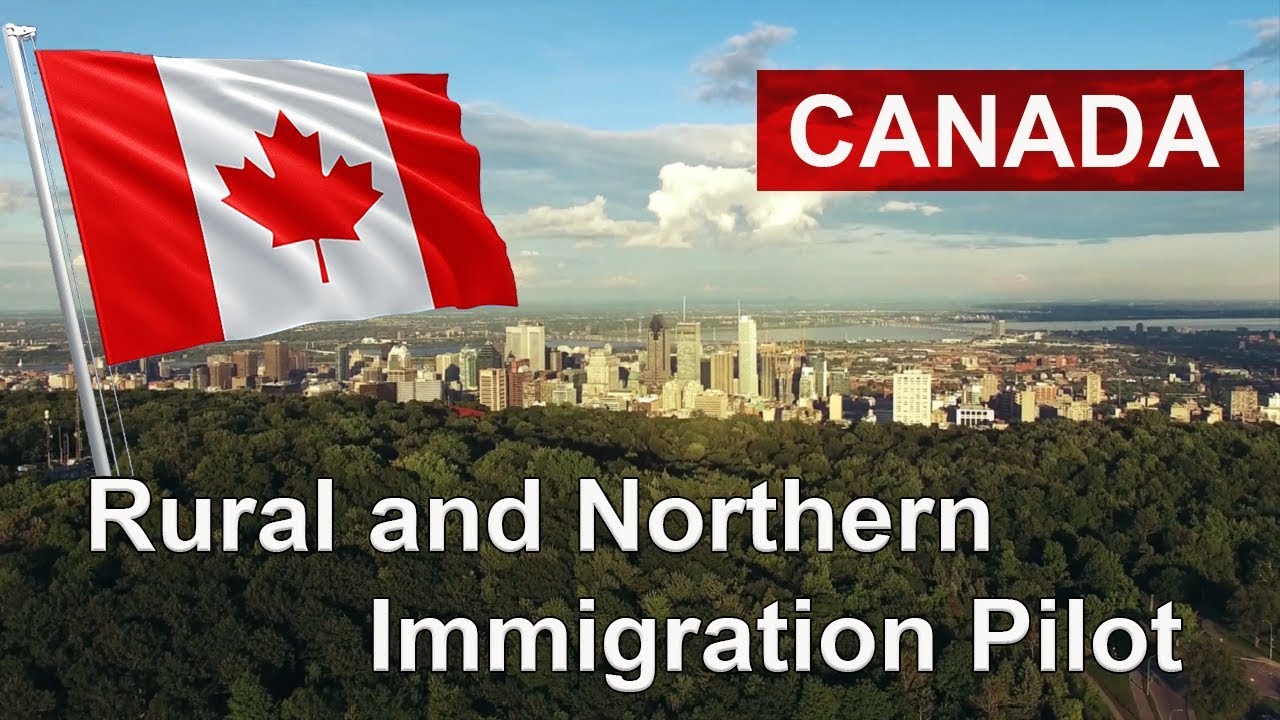
Rural and Northern Immigration Pilot:
To be eligible for the Rural and Northern Immigration Pilot (RNIP), you must
Have qualifying work experience or have graduated from a publicly funded post-secondary institution in the recommending community
Meet or exceed the language requirements
Meet or exceed the educational requirements
Prove you have enough money to support your transition into the community
Intend to live in the community
Meet community-specific requirements
Have temporary resident status (if you’re in Canada when you apply)
If you meet all of the requirements, we can start to look for an eligible job in the community.
